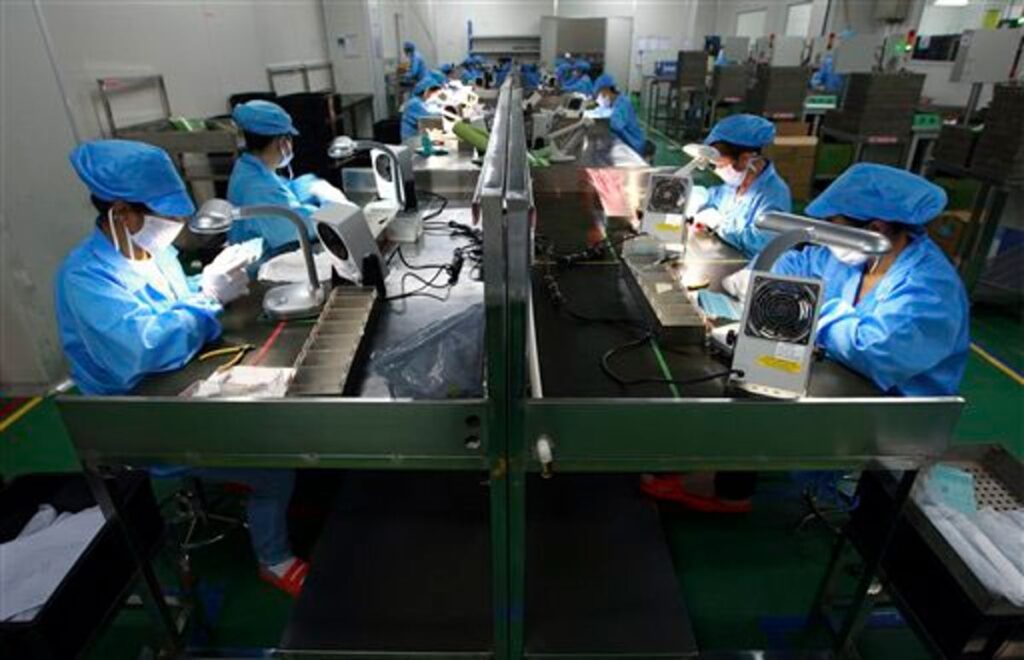China’s manufacturing sector grew in November, a survey showed on Saturday, in the latest sign that the world’s second-largest economy is recovering from its worst recession since the 2008 global crisis.
The government-recognized China Logistics Purchasing Federation’s monthly purchasing managers’ index improved to 50.6 out of 100, with a reading above 50 indicating expanding activity, up 0.4 percentage points from October’s reading.
The PMI index measures activity across the manufacturing sector by looking at a number of indicators, including orders, employment and actual production.
The China figures are a rare bit of good news for the global economy, which is slowing as Europe’s chronic debt crisis worsens and the U.S. economy stagnates.
The data suggests “economic activity is picking up and growth has bottomed,” IHS Global Insight economists Xianfang Ren and Alistair Thornton said in a commentary, but they “remain cautious about the sustainability of the recent improvement and are concerned that significant vulnerabilities remain.”
China’s growth rate slowed to 7.4 percent in the three months to September, the lowest in three years.
China’s leaders have cut interest rates twice since early June and are pumping money into the economy through increased spending by state enterprises and public works such as airport construction. They have avoided further stimulus measures after billions of dollars of spending in response to the 2008 global crisis fueled inflation and triggered a wasteful construction boom.
Zhang Liqun, an analyst at the State Council Development Research Center, a government think tank, said in a report that the November data showed “economic growth is likely to continue to rise at a small and gradual pace.”
New orders rose 0.8 percentage point month-on-month to 51.2, while export orders rose 0.9 percentage point to 50.2, according to the Logistics Federation. Such data point to further expansion expected in the coming months, Zhang said.
Analysts have warned that China’s economic recovery is likely to be “L-shaped,” meaning the economic downturn may have stopped but any improvement in growth should be gradual, which will hurt exporters of goods and other products that are banking on China to help boost global demand.



